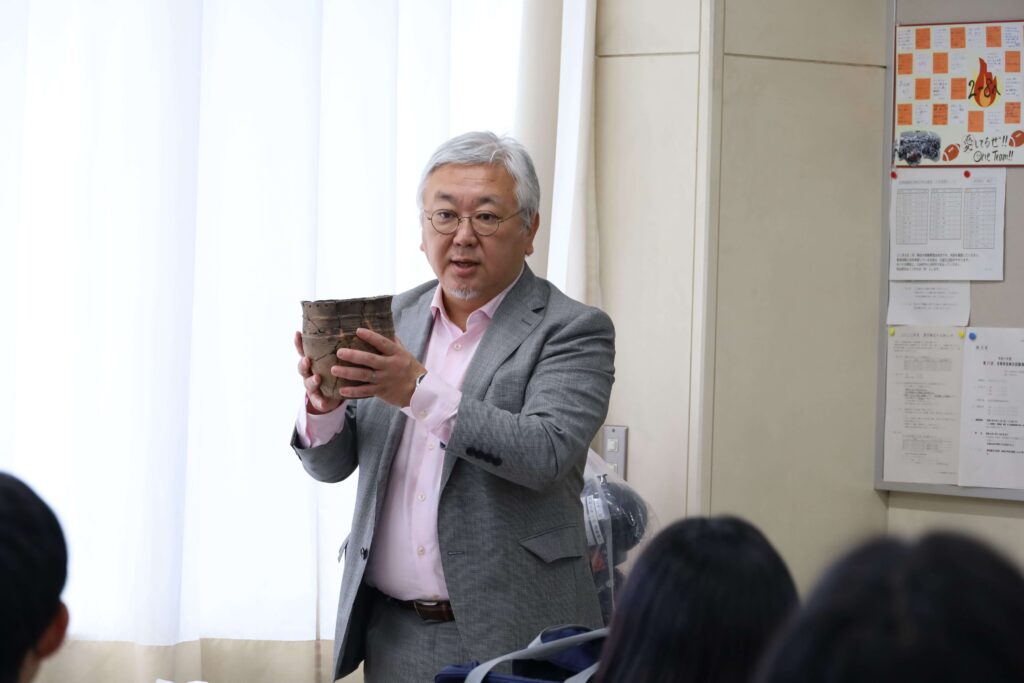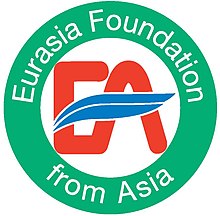
Abstract
Whose Heritage? −Indigenous repatriation in Hokkaido, Japan−
The movement of repatriation of ancestral remains and cultural object by the Ainu as Indigenous people in Japan began in the 1980s. In this process, the Ainu people obtained judicial recognition as an indigenous people in 1997. Furthermore, in 2008, the Japanese Government finally recognized them as an Indigenous people in Japan. In 2016, repatriation of ancestral remains claimed by the Ainu people began, followed by international repatriation from Australia in 2023.
In this paper, I would like to point out that repatriation of the Ainu people’s initiative is limited to the ancestral remains. The decolonization of the Ainu studies requires a discussion on the ownership of cultural heritage in addition to the ancestral remains of the Ainu. I will also present on the ethical guideline of the Ainu studies, which are currently under consideration. Ethical guideline for the Ainu research is important in opening up the possibility for Ainu people to participate in whole process of Ainu studies. It is an essential initiative in shifting Ainu studies towards Indigenous studies.
In recent year, international comparison and collaboration on repatriation initiatives have been developed. There is also a growing shared understanding that repatriation is not the goal, but the starting line for any Indigenous movement. Beyond that, various Indigenous rights issues remain unresolved. I would like to mention some of interaction with Indigenous initiatives in the Pacific Rim that are currently underway.
Bio note
He completed his PhD in PhD program of Institute of History and Anthropology at the University of Tsukuba in 1996. After working at Graduate School of Area Studies at the University of Tsukuba and the University of Shimane, he taught archaeology at the Graduate School of Letters, Hokkaido University from 2001. Then, He moved to the Centre for Ainu and Indigenous Studies at Hokkaido University in 2010, where he has been conducting on Indigenous studies. He is specialized in Indigenous archaeology and Indigenous cultural heritage Issues. Since 2021, he has been the Director of the Centre for Ainu and Indigenous Studies, and also established the Global Station for Indigenous Studies and Cultural Diversity Research, of which he is also the Director. Ongoing projects include ‘Examining the Historical Formation Processes of Indigeneity and Population Identity‘ (JSPS: Grant-in-Aid for Scientific Research (A)), ‘Formation of Prehistoric Populations and Their Cultural in Hokkaido‘ (JSPS: Grant-in-Aid for Transformative Research Areas).
Kato Hirofumi
Centre for Ainu and Indigenous Studies, Hokkaido University, Japan.



